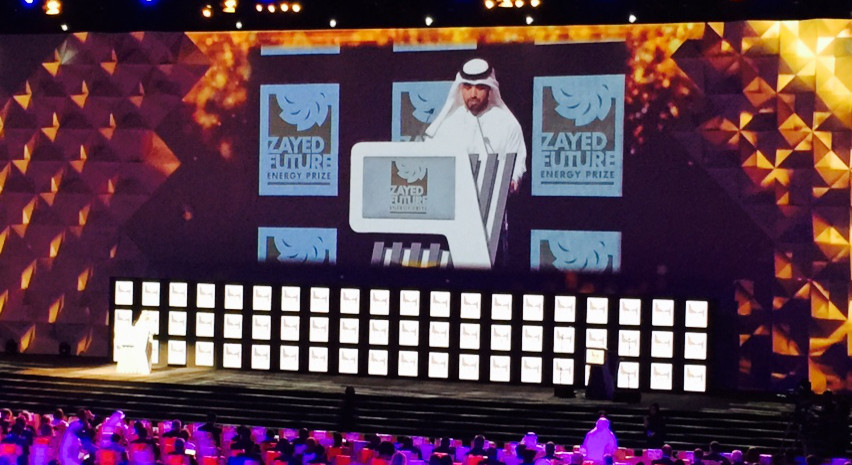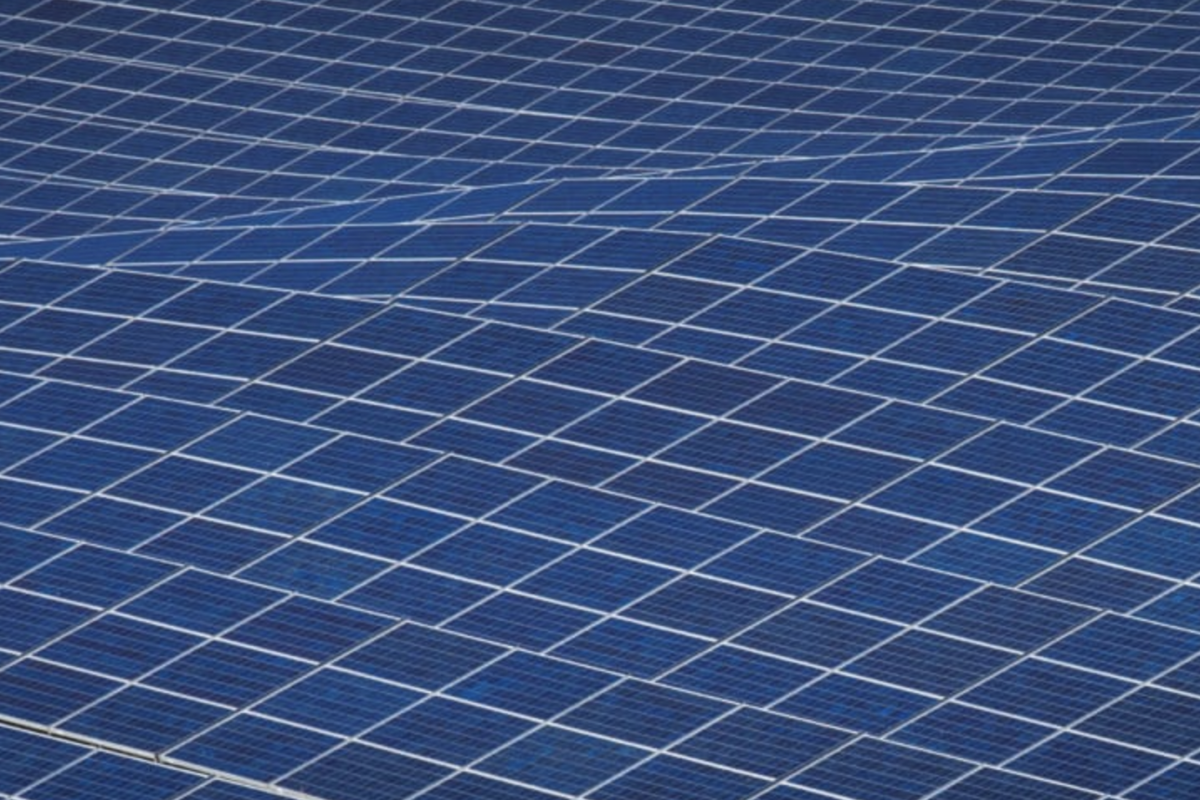Practical Action's main message and goal is to use technology to alleviate poverty in the developing world.
Solar PV and mini-grid technologies are among the primary ones in their toolbox.
Specifically, the NGO has managed the development of solar PV and mini-grid systems in Zimbabwe and Malawi, which were funded by the European Union. Other projects include water irrigation systems powered by PV in Sudan.
Their experience in the developing world provides a critical insight how solar PV can develop in these countries.
Businesses replacing diesel with PV
A great opportunity for solar PV development in the developing countries is businesses replacing their diesel systems with PV powered ones, Aaron Leopold, global energy representative for Practical Action told pv magazine.
“Businesses do not rely on local utilities because utilities are very unreliable and provide poor customer service, so businesses often run on big diesel generators,” said Leopold. “Therefore, we see a great opportunity for them to replace their diesel systems with solar and storage systems, whose costs continue to decrease,” added Leopold.
The utilities stance
Large-scale PV is also an opportunity for the utilities themselves, who see the electricity demand keep increasing, said Leopold. “Given the PV technology is now cheap and the fuel is free, utilities can turn to this technology to fill their investment gaps.”
Off-grid installations by businesses and households is also a positive development for the utilities, said rather surprisingly Leopold. This is “because utilities can then concentrate on the customers they already have and offer better service to them,” he explained.
Having said that, Leopold commented, we also see some utilities being hostile to the PV technology for political reasons mainly. In other words, where the policy-making process was dominated by only a few utilities in the past, often just one player, new stakeholders are now emerging.
Off-grid game changer
When off-grid business schemes emerge in developing countries, the installations are a real game changer, not only because they offer people access to electricity. Payments for off-grid systems help customers to build a credit history and this is crucial for enabling people to move out of poverty, Leopold told pv magazine.
The same point was also recently made by Lyndsay Handler, CEO of Fenix International, a company that brings off-grid power to Uganda's people.
This content is protected by copyright and may not be reused. If you want to cooperate with us and would like to reuse some of our content, please contact: editors@pv-magazine.com.



By submitting this form you agree to pv magazine using your data for the purposes of publishing your comment.
Your personal data will only be disclosed or otherwise transmitted to third parties for the purposes of spam filtering or if this is necessary for technical maintenance of the website. Any other transfer to third parties will not take place unless this is justified on the basis of applicable data protection regulations or if pv magazine is legally obliged to do so.
You may revoke this consent at any time with effect for the future, in which case your personal data will be deleted immediately. Otherwise, your data will be deleted if pv magazine has processed your request or the purpose of data storage is fulfilled.
Further information on data privacy can be found in our Data Protection Policy.